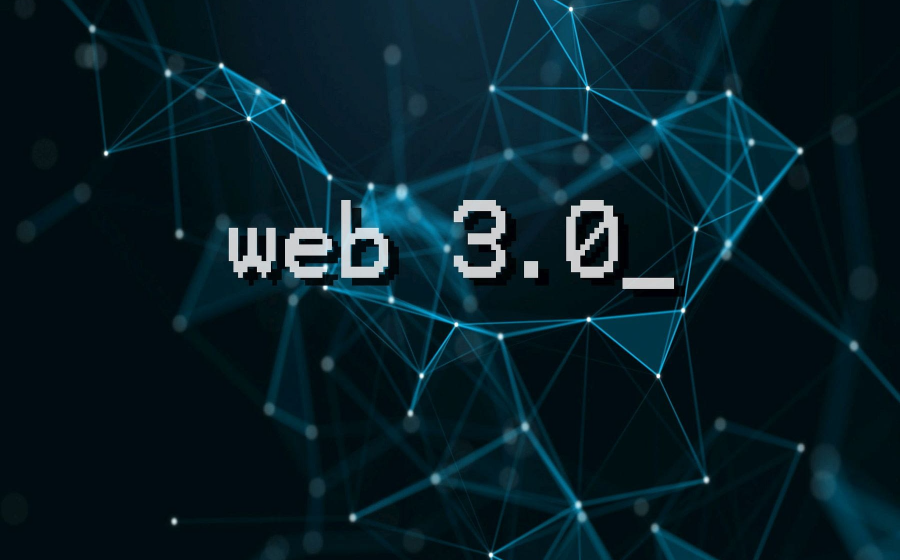Since bitcoin’s inception in 2008, many who’ve invested in the cryptocurrency have done so in the view that the decentralised, blockchain-based asset – today worth some $31,000 – could be the future of finance and the web.
And while Amy-Rose Goodey started out down the bitcoin “rabbit hole”, today the head of operations at industry body Blockchain Australia believes it would be naive to believe the current iteration of blockchains could form the future of the internet.
Goodey has her money on other distributed ledger technology which she believes could prove more useful for the enormous number of new businesses and industries hoping to get involved with the emerging space.
The Age and The Sydney Morning Herald spoke to Goodey for our weekly series You, Me and Web3, which aims to examine, challenge and demystify the ideas behind the emerging industry by speaking to the people who live and breathe it.
How did you first get involved with Web3?
It was 2016, and I had built up a nice amount of savings, and my partner at the time told me I should invest it in something, which I was a bit hesitant about because I’d never done that before. My father-in-law was a traditional investor, so I asked him if he could assist me, and he just made it sound so complicated.
But I come from a tech background, and for a while, people had told me I should buy some bitcoin. And I did a bit of research, figured out it was way easier than buying equities, and I just went to Coinbase and bought some with my credit card. And then once you do that, you just end up down this rabbit hole.
So, I became very passionate about it and I started a podcast and an online course in crypto and blockchain. Then I decided to go for a job at Blockchain Australia, and the rest is really history – I’ve been embedded ever since.
So you’ve been involved in the Australian Web3 space for a number of years, how has it evolved since you started out?
When I started, our membership base was primarily crypto and blockchain-focused start-up businesses. There weren’t any other verticals or industries getting involved. And then we saw that undercurrent of curiosity from the big four banks and other traditional financial firms who were investing in blockchain research. Some of those projects fell over; they may have been a bit ahead of their time, but they were still looking at it.
About 18 months ago is when I really started to become shocked every time we’d get a new membership inquiry. These days we’ve got music, we’ve got supply chains, energy and carbon and water businesses, big universities developing their own courses, insurance and recruitment, accounting, IoT, and robotics and gaming. All of these verticals coming in together.
I believe each of these industries is on a 10-year innovation timeline, and at the end of it, they’re all going to be profoundly different to what they are now because blockchain is the new internet.
Now, I say blockchain, but I should probably correct myself and say distributed ledger technology (DLT) instead. Contrary to the industry’s perception, I have a different view on how long blockchain will be important. I think there will be other DLTs that surpass it.
Why do you think that?
This might get me in trouble with all the religious blockchain believers out there. Industries might decide that they don’t necessarily need a decentralised ledger, they just need a distributed ledger. It doesn’t have to be open and free.



